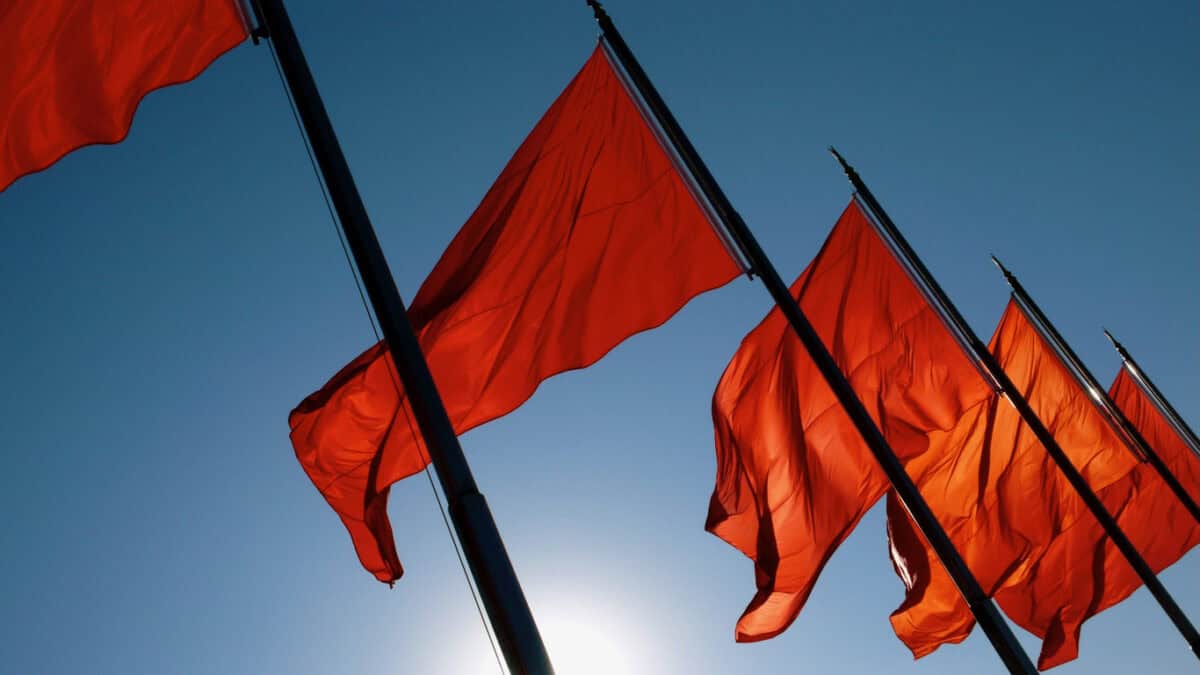There is a considerable overlap between organisational psychology, Human Resources and occupational health and safety (OHS), even though each has developed its own culture and language. People are just starting to acknowledge the overlap and trying to increase it.
One example of that overlap was on display in an interview with prominent podcaster Mel Robbins, who admitted that:
“The hardest thing about what I do is that oftentimes the advice and the tools sound dumb or repetitive…”







